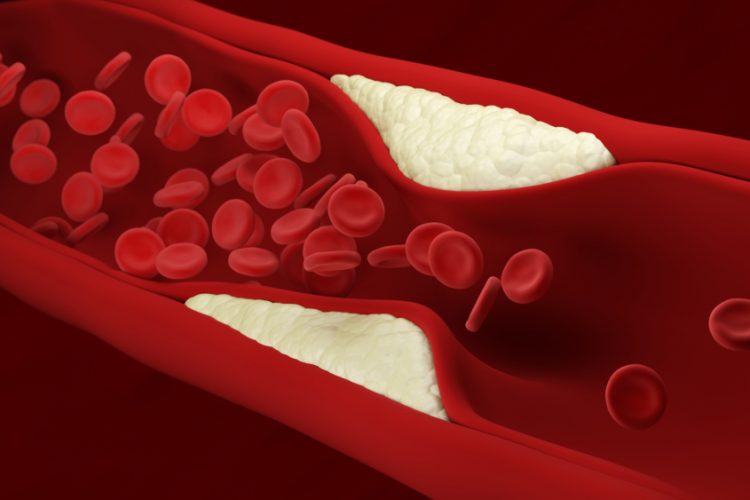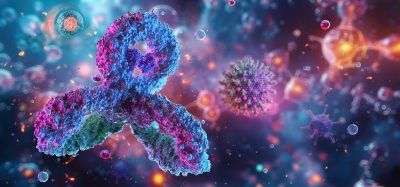New DNA aptamer stabilises atherosclerosis plaques
Posted: 30 August 2024 | Drug Target Review | No comments yet
The nucleic acid drug, iSN04, could have applications for pathological angiogenesis involved in atherosclerosis, cancer, and retinopathy.


Scientists at Shinshu University have developed a DNA aptamer, named iSN04, that targets and counteracts nucleolin in smooth muscle cells. It aids the maintenance of smooth muscle cells in a differentiated state, promising treatment for vascular diseases, including atherosclerosis.
Globally, atherosclerosis is a leading contributor to heart diseases and strokes, which are increasing and therefore necessitating improved therapeutic strategies. Atherosclerosis involves vascular smooth muscle cells (VSMCs), which can change between a contractile state ideal for blood vessel function and a proliferative state, in which they can contribute to plaque formation. During atherosclerosis, the switch to a proliferative state can result in plaque instability and rupture.
In the new study, the team directly targeted VSMCs to stabilise plaques with a new drug, iSN04, which belongs to a group of nucleic acid drugs called DNA aptamer. This innovative approach differs from the existing treatment of lowering cholesterol levels and managing risk factors such as high blood pressure.
iSN04 interacts with the nucleolin protein in VSMCs. This protein is involved with the de-differentiation and proliferation of VSMCs, contributing to plaque formation and instability. The researchers aimed to keep VSMCs in their contractile state with iSN04, encouraging plaque stability.
Notably, the group had previously laid the groundwork for this study. Dr Tomohide Takaya, associate professor at Shinshu University and lead author, commented: “Our anti-nucleolin DNA aptamer, iSN04, was originally identified as an inducer of skeletal muscle differentiation in 2021. Subsequently, we found that iSN04 also promotes cardiac muscle differentiation in 2023. Therefore, we hypothesised that iSN04 could promote smooth muscle differentiation.”
It was demonstrated that iSN04 can help maintain VSMCs in their contractile, differentiated state, and can effectively enter VSMCs without any carriers. Once inside the cells, iSN04 reduced VSMC proliferation and enhanced the levels of α-smooth muscle actin, aiding VSMCs in achieving a contractile state.
Furthermore, the study showed that iSN04 could inhibit angiogenesis in an experimental model using mouse aortic rings, suggesting its potential to stabilise plaques. First author Mana Miyoshi concluded: “Given our anti-nucleolin DNA aptamer inhibits angiogenesis by inducing VSMC differentiation, it can find applications as a nucleic acid drug for pathological angiogenesis involved in atherosclerosis, cancer, and retinopathy.”
This study was published in Biomolecules.
Related topics
DNA, Drug Development, In Vivo
Related conditions
angiogenesis, Atherosclerosis
Related organisations
Shinshu University








